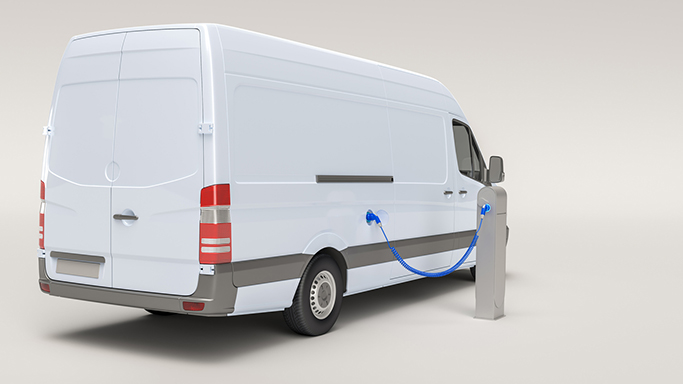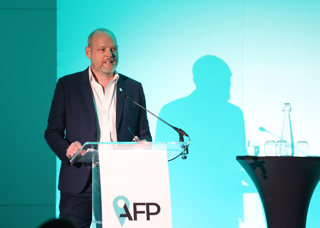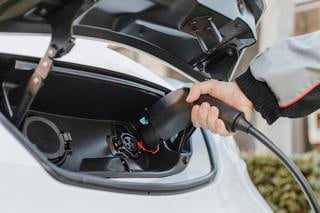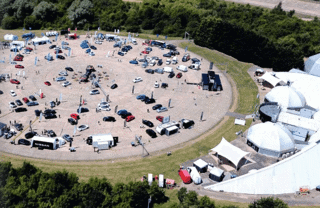Supply shortages are stopping fleets from adopting electric vans, according to the international NGO Climate Group.
Climate Group represents 28 leading UK businesses, including BT Openreach, LeasePlan and Royal Mail through the UK Electric Fleets Coalition.
Shortage of EV supply is most acute in the UK’s commercial van sector, with businesses ready to invest but unable to secure the electric vehicles that meet their specifications in the quantity they need.
The concerns tally with three-quarters (76%) of fleets that recently said they are postponing their electrification plans due to cost pressures.
Additional concerns have also been raised that the Government’s zero emission vehicle (ZEV) mandate could further squeeze the supply of new diesel vans coming to the UK.
Figures released recently by the Society of Motor Manufacturers and Traders (SMMT) show that less than 3% (or one in 24) of new van registrations were battery electric vehicles (BEVs), with only 25 models available for purchase in the UK.
Thanks to much more variety and wider availability, the market share of electric cars in the overall car market is three times greater than fully electric van’s share of the UK’s van market.
According to Climate Group, manufacturers have “a mountain to climb” to ramp up variety and quantity ahead of 2024, when the first sales targets for zero-emission cars and vans come into force through the UK’s zero-emission vehicle (ZEV) mandate.
Climate Group argues more needs to be done to meet business demand for fully electric vehicles and to ensure the UK meets its 2030 commitment to phase-out sales of new petrol and diesel cars and vans.
Sandra Roling, director of Transport at Climate Group, said: “The market uptake of electric vans must accelerate.
“The businesses we work with are keen to buy the vehicles, but they can’t get them in the number and specifications they need.
“An ambitious ZEV mandate is one of the most important measures the UK government can introduce to rapidly increase market supply, alongside continued investment in charging infrastructure across the country.”























Login to comment
Comments
No comments have been made yet.